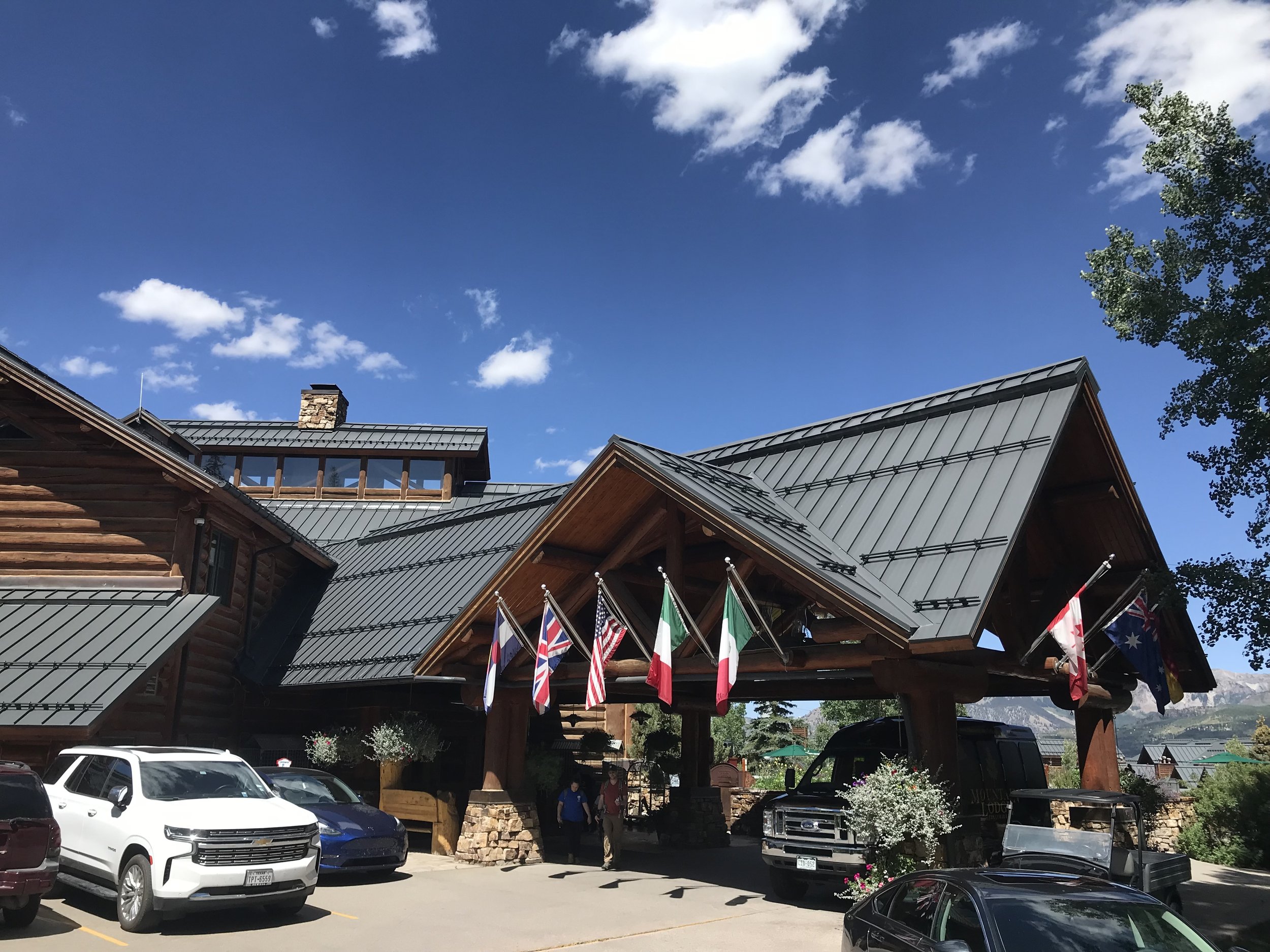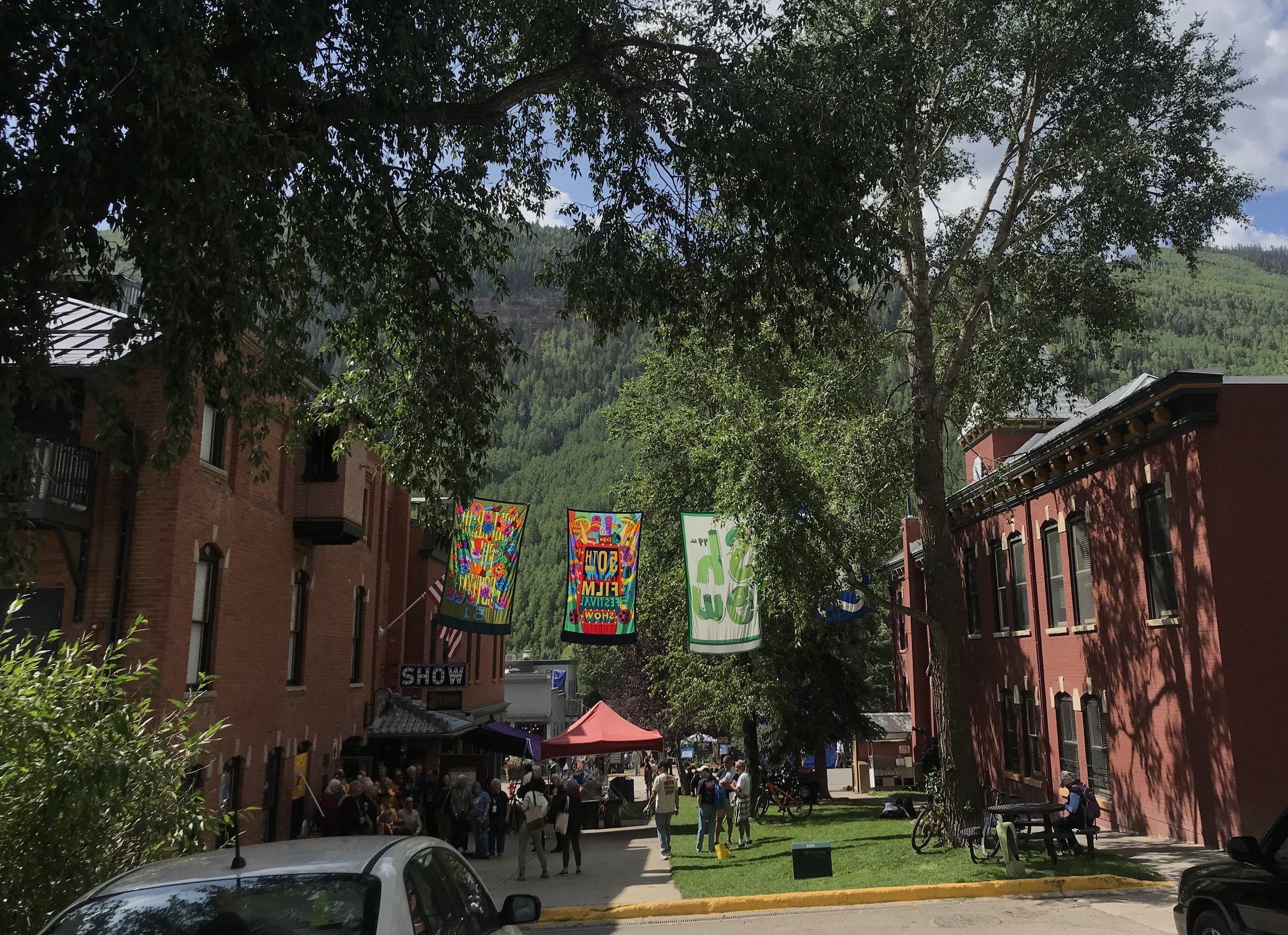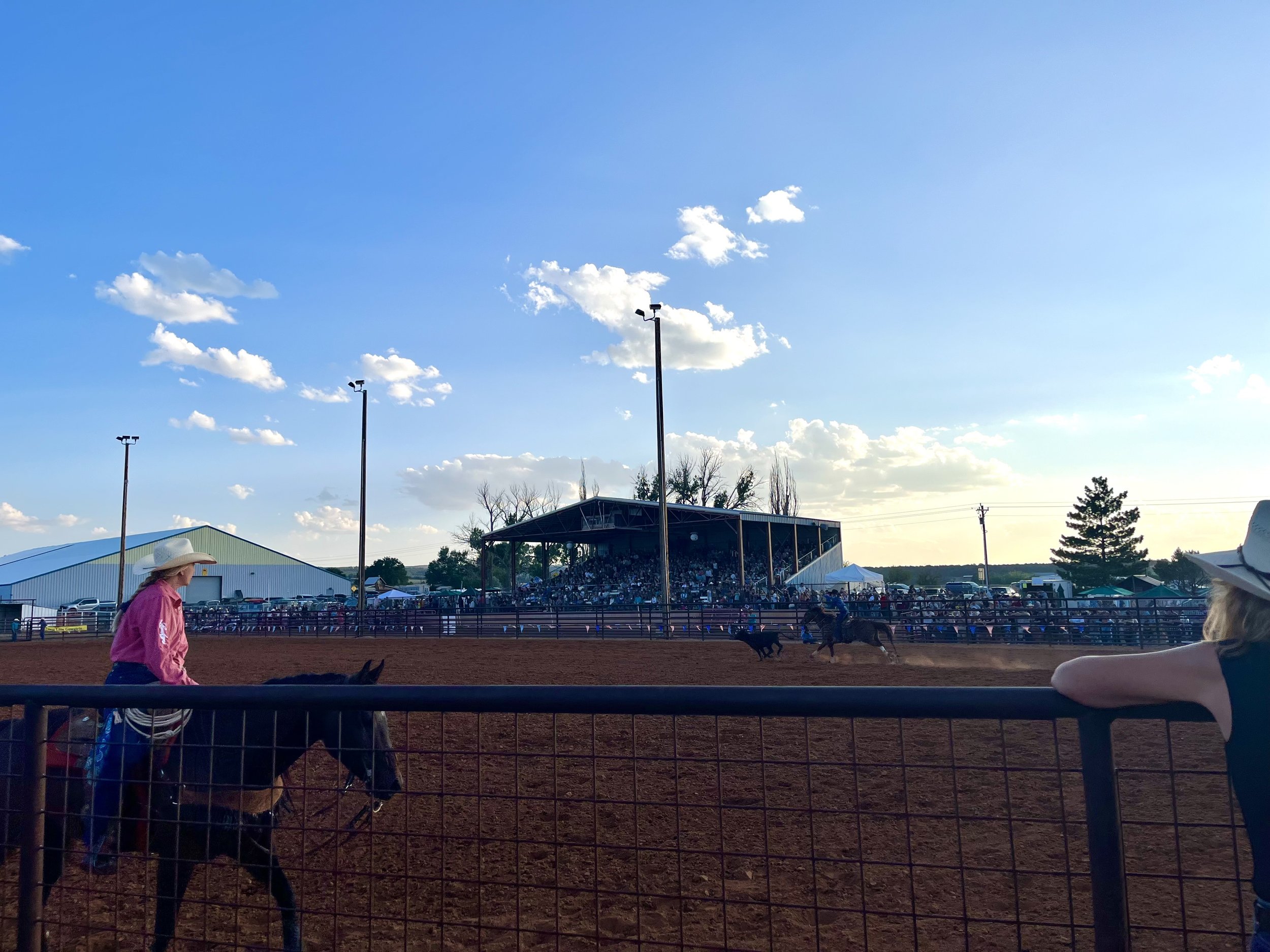For the past 11 days the Park City Ski Patrol has been on strike. Despite feet of new snow, and an abundance of holiday guests, Park City Mountain in Utah, continues to operate with minimal patrol staff.
Park City Ski patrollers are demanding a $2 dollar wage increase, from an average hourly wage of $21 to $23. The patrollers, unionized under the Park City Professional Ski Patrollers Union, first presented their proposal to Vail Resorts in September, but have failed to reach an agreement.
Park City is owned by Vail Resorts, the multi-billion dollar corporation that owns 42 ski resorts across the world. This strike has impacted tens of thousands of visitors to the largest ski resort in the United States. Hours-long lift lines, decreased emergency response personnel on the mountain, and inability to open new terrain due to avalanche hazard has resulted in a less than desirable situation for holiday skiers and Vail Resorts.
Makenna Craig is a fourth year patroller with Park City.
“I grew up in Telluride, Colorado and have a love for ski towns and the mountains, which really led me to wanting to work ski Patrol.” says Craig. “I think my time in Telluride definitely led to my passion for that. Telluride has felt like a small place to be as a young adult and wanted to get out and explore a little bit. Telluride speaks really well to how hard it can be to live in a ski town, and that speaks to the fight we’re currently having in Park city asking for a fair contract and a livable wage.”
For Craig, its been an experience she never expected to have working as a ski patroller and despite great snow conditions, Park City hasn’t been able to open much terrain without their typical full staff of patrollers.
“I think its been challenging both in not being at work, we all want to be up on the mountain and opening more terrain as we’ve finally gotten more snow,” Craig says, “Its been hard to be down and standing and not be able to be up there. We have definitely been supporting each other through all of this, its been emotional and stressful and not something I ever imagined I would be doing in this career but we’ve got a really good support team.”
This strike highlights the increasing cost of living across mountain towns in the West. Places like Telluride and Park City experience high costs of living and challenges when it comes to finding housing. After college, Craig experienced difficulties in finding housing in Telluride, and now commutes to Park City from Salt Lake City,
Craig says,"speaking of my experience trying to live in Telluride after I graduated college and not being able to find affordable housing, here in Utah I live in salt lake city where rent is a little lower and I commute each day to park city and that's the reality for alot of us.”
These pressures are felt in Telluride too. Graham Hoffman is a 10-year Telluride Ski Patroller and has been the president of the patrol union for the past four years.
Hoffman says,“Telluride is no different if not worse or better than the town of Park City, in that its just getting more and more expensive to live here, its getting harder and harder to live here with the affordable housing crisis and we’re seeing a direct effect on that in trying to make sure that we keep our ski patrollers and keep those with institutional knowledge that help increase the safety of this mountain in keeping those from leaving cause they can’t find any housing.”
In 2015 Telluride Ski Patrol unionized, under the umbrella of the United Professional Ski Patrols of America, a subunion of the Communication Workers of America. Their unionization and subsequent negotiated contract resulted in improved wages, benefits, and human resource policies for patrollers in future years. Just this past year, the Telluride Ski Patrol union began contract negotiations in August, and finalized them right before ski season in October. For Park City Patrollers, they began in March last year, and still haven’t reached an agreement. Despite this, Craig is optimistic that they’ll find a compromise soon,
She says, "We've had more movement in negotiations that we have in 9 months then that we’ve had in the last week, so the strike is working, its not immediately working but i think we will end up with a contract”
Telluride stands with the Park City patrollers 100%,
Hoffman says,“We here at Telluride stand 100% with our brothers and sisters over at park city. We know they’re fighting the fight that needs to be fought and we have nothing but love and support for them and we are so grateful for everything that they’re doing over there.”
In the past month, Vail Resorts stock price has fallen over %6, and without ski patrol, the open terrain at Park City remains limited.
In an official statement from Park City COO Dierdra Wash, she says the resort “remains committed” to reaching an agreement that demonstrates respect to ski patrol and is actively negotiating with the union.
For Craig, and other Park City Ski Patrollers on strike, the fight continues for a livable wage and a fair contract.































